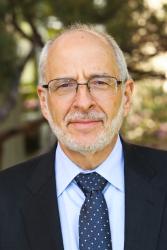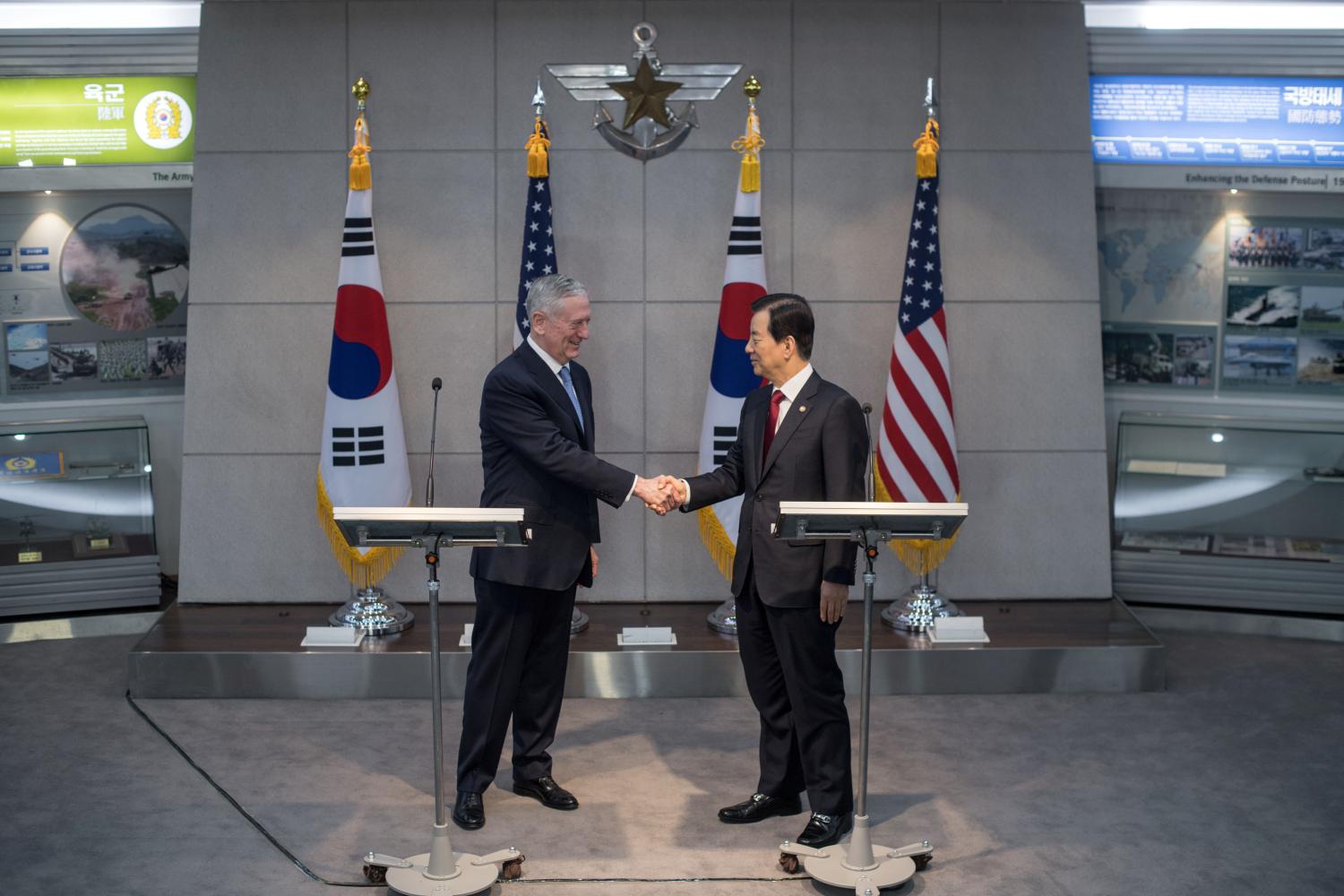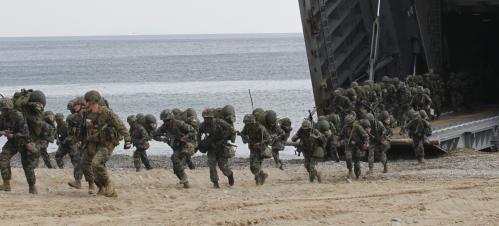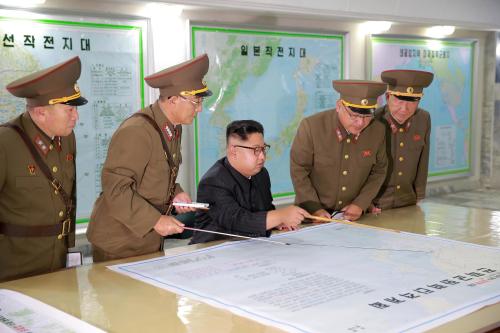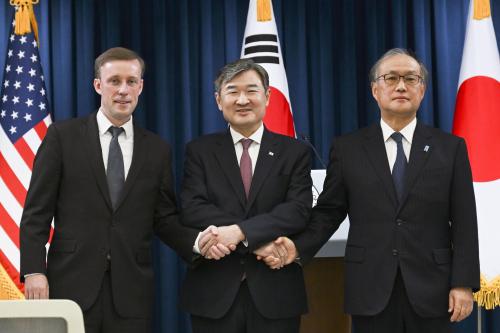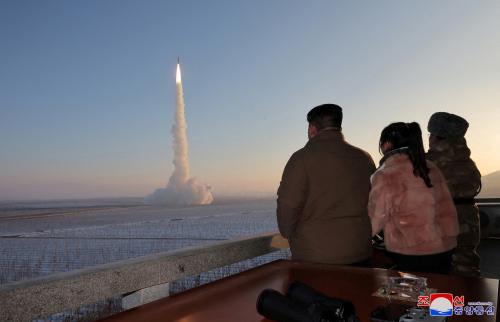This paper was presented at the 5th Korea Research Institute for National Strategy-Brookings Institution Joint Conference on “The Trump Administration in the United States and the Future of East Asia and the Korean Peninsula” on February 8, 2017.
The United States has never had a president like Donald Trump. He is a real estate investor, golf course developer, casino owner, product brander and television personality with no prior experience in government or in competing for elective office. He ran for president on the Republican ticket, but he has no enduring loyalties to either political party, although he has undeniably tied his political fortunes to the Republican Party. In decided contrast with other recent administrations, there is not a single Democrat in the Trump cabinet, and African-Americans, Asian-Americans, Latinos and women are all minimally represented.
Many observers characterize Trump as a populist who speaks on behalf of marginalized citizens, especially those whose economic status has severely eroded during decades of deindustrialization and job loss. This support might have been pivotal to his victory in November, but his actions since the election do not reflect this supposed commitment. Some observers even characterize the new president as a working class billionaire, which constitutes an extraordinary feat in public relations. His cabinet consists largely of individuals with great personal wealth, including a billionaire (Wilbur Ross, the Secretary of Commerce) who profited handsomely from the purchase of depressed industrial assets and shuttered coal mines at bargain prices. Trump’s closest economic advisors include several with ample fortunes garnered at Goldman Sachs. Apart from ideas and policies that he has personally espoused, he enters office with remarkably few political obligations or commitments.
Donald Trump was elected President by exploiting grievances evident across a broad swath of the American electorate. Despite receiving only 46% of the popular vote, he claims a mandate for major change. Trump asserts that he is leading a movement more than a government, and his inaugural address displayed open contempt for many of the practices and policies pursued by his predecessors over the past seven decades.
Donald Trump’s open disregard for the established rules of the game and Republican dominance of both Houses of Congress present the new president with an unparalleled opportunity to disrupt the status quo, triggering ample uncertainty in the United States and across the world about the future of U.S. leadership in global and regional affairs. Transitions in American leadership (especially when political power passes between the major parties) are inherently stressful, but rarely has a transition been as anxiety-laden and as uncertain as the one from Barack Obama to Donald Trump.
There is keen interest outside the United States in what Donald Trump might undertake as president. But in many respects nobody knows what Trump might do, nor (based on his often contradictory statements) does he appear to know. It is also far from clear how he and his subordinates intend to organize the inter-agency process and pursue identifiable foreign policy goals. There is the additional question of whether his words should be taken literally as well as seriously. Though he has moved quickly to carry out an array of campaign pledges (for example, seeking to reverse the Affordable Care Act and to initiate work on extending the wall along America’s border with Mexico), many of these policy declarations are intended to placate core support groups, without any clear conception of how to proceed, who will pay for major shifts in policy and what the resulting consequences might be.
I will not attempt to review potential policy options or predict possible courses of action under the Trump administration. I will instead discuss how Trump is approaching the presidency, especially in international economics and national security policy, and how senior levels of his administration are seeking to shape these priorities. I will focus particular attention on President Trump’s personal characteristics, his known beliefs about international affairs, and how power is likely to be organized in the Executive Branch. I will then consider possibilities on the Korean Peninsula, with particular attention to how the new president is likely to address the nuclear issue and the risks of a severe crisis.
